Is history always written by the winners? When it comes to the Armenian Genocide, the line between historical facts and political interests is not just blurred but fiercely contested1 . This tragic chapter of early 20th-century history, involving the systematic mass killing and expulsion of 1.5 million Armenians by the Ottoman Empire during World War I, remains a deeply divisive issue more than a century later.
The core of the contention lies in the interpretation of these events. Many historians, countries, and international bodies recognize them as genocide, a deliberate attempt to destroy an ethnic or national group. The evidence they cite includes survivor accounts, official documents from the time, and the disproportionate death toll among Armenians. However, Turkey, the successor state of the Ottoman Empire, and some of its allies refuse to label these atrocities as genocide2 . They argue that the deaths were the result of civil unrest, war, and famine, not systematic extermination3 .
This ongoing debate is not merely academic; it has significant diplomatic repercussions. For instance, the United States, for many years, refrained from officially acknowledging the Armenian Genocide, likely due to its strategic relationship with Turkey, a NATO ally. It was only in April 2021, under President Biden’s administration, that the U.S. formally recognized the killings as genocide, marking a significant turn in diplomatic relations4.
Supporters of the genocide recognition argue that acknowledging these events is crucial for historical justice, healing, and the prevention of future genocides. They claim that denial is a further act of violence against the survivors and their descendants5 . On the other hand, opponents fear that acknowledging the genocide could threaten national pride, disrupt diplomatic ties, and obligate reparations or territorial concessions6 .
These polarized perspectives show how history is often intertwined with current political agendas. Advocates on both sides use historical narratives to support their positions, sometimes prioritizing political objectives over objective analysis. This complicates efforts towards a shared understanding or reconciliation between involved parties.
Let every student and reader of history understand this: the past is not just a tale told but a legacy that shapes our present and future. Learning about historical events like the Armenian Genocide, with all their complexities and controversies, is essential. It teaches us about the importance of historical memory, the consequences of intolerance, and the ongoing struggle for human rights and dignity for all people. History should serve not to divide us but to remind us of the shared humanity that binds us, even in the darkest of times.
- https://www.amazon.com/Truth-Held-Hostage-Armenian-Genocide/dp/1909382264 [↩]
- https://www.mfa.gov.tr/the-armenian-allegation-of-genocide-the-issue-and-the-facts.en.mfa [↩]
- https://www.bbc.com/news/world-europe-16352745 [↩]
- https://apnews.com/article/joe-biden-turkey-government-and-politics-middle-east-europe-dbe6bc9ddac90c1393e6c33ff2220781 [↩]
- https://www.facinghistory.org/resource-library/genocide-denied [↩]
- https://www.aljazeera.com/opinions/2014/4/24/armenian-genocide-turkey-has-lost-the-battle-of-truth [↩]


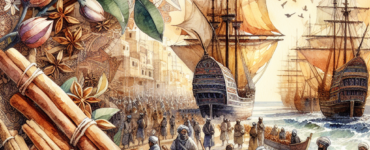
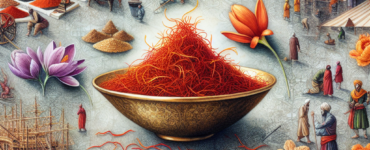
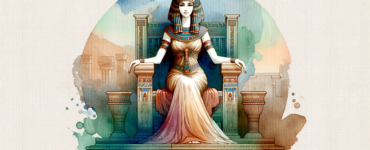
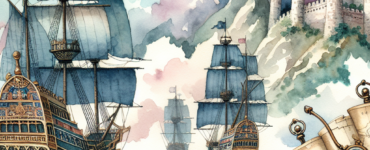
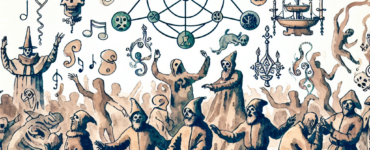
































Add comment